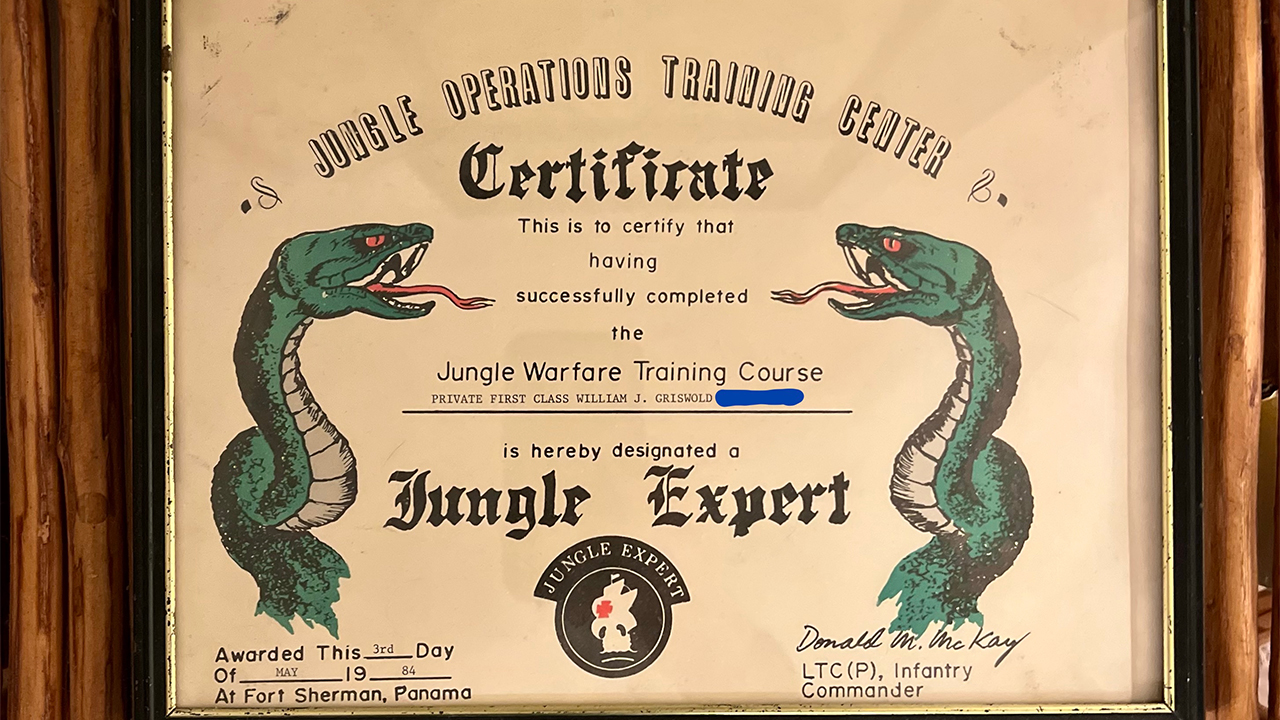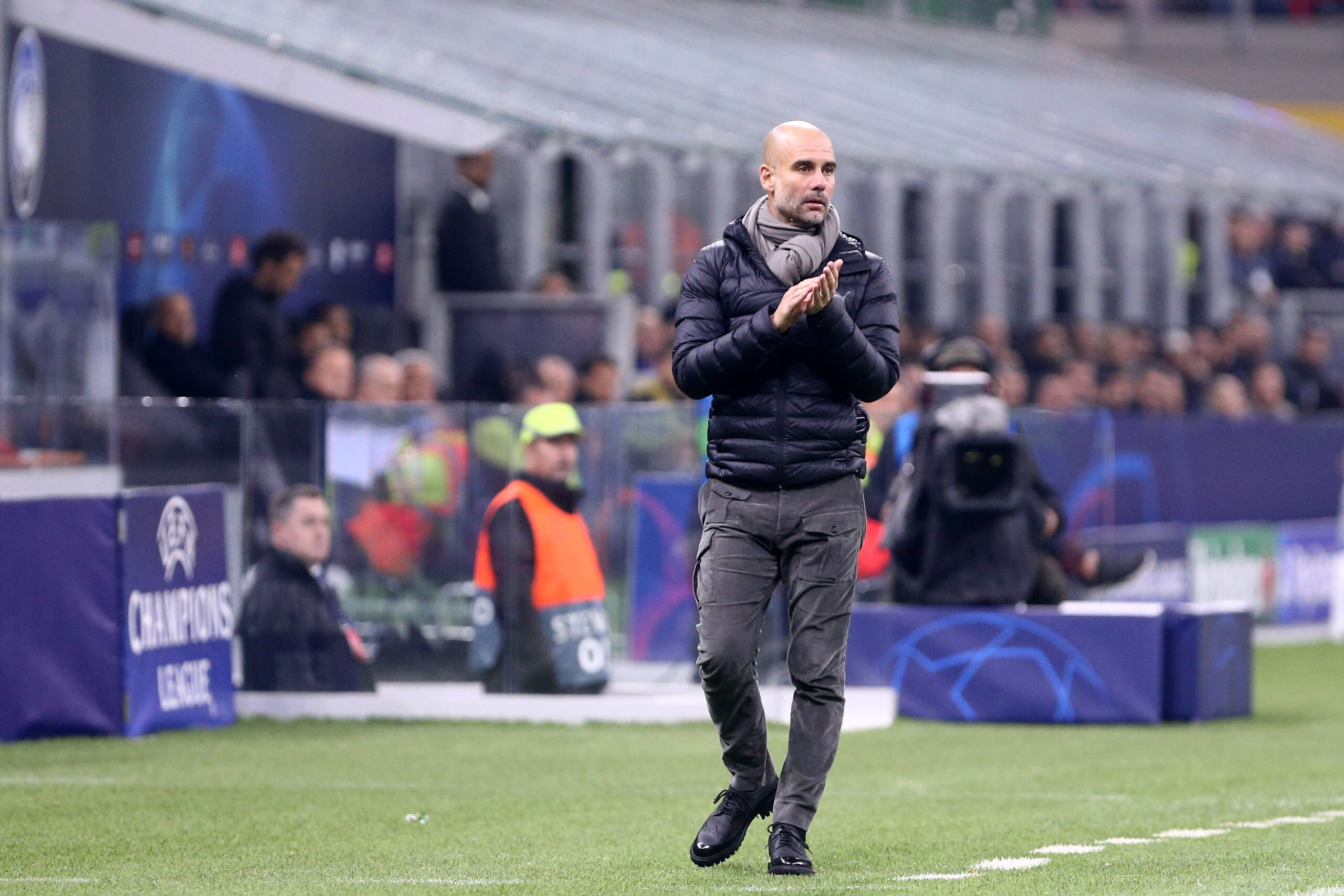What a Mess: TCR at the DNC
August 21, 2024

The way that the DNC in Chicago works is that during the day there are delegation breakfasts, press briefings, and caucus and committee meetings at McCormick Place, the trade show venue on the lake. The caucus and committee meetings are for “special” interests, such as the Native American Caucus, Labor Council, Small Business Council, etc. There are also “DemPalooza” training sessions offered such as “Win with Black Voters,” “The Principles of Political Communication,” and “AI & Deepfakes in the 2024 Election.”
Each night around 5 pm, the action moves across town to the United Center, where delegates gather by state. They sit, as we all know from TV, on the arena floor and in the first ring of stadium seats to cheer, for six hours, for speakers ranging from apostate Republicans intending to vote for Kamala Harris to Democratic uber-figures such as Barack and Michelle Obama.
McCormick Place has been mostly empty. The United Center is a crowded mess. The arena, which holds 23,500 people, is full every night. (This is not total attendance at the convention, since many attendees do not get to go to many of its events.) The Common Reader applied to US Secret Service and the DNC for clearance and access, a process that took weeks; for some events, the haggling continues to this day. My press credentials still offer only limited access: on average, I am allowed to attend one caucus/committee meeting each day, along with DemPalooza, at McCormick, and I get access to two floors of the United Center, with limited opportunities for 30-minute access to the delegate floor.
I do not know how anyone with disabilities would get to participate fully. Security perimeters around the venues are so wide, with no vehicle entry, that I have given up on Uber and walk each day from Chinatown to McCormick, where endless hallways like the concourses of airports lead to the meetings. After 3:30, crowded buses, their pickup location always something of a mystery, shuttle delegates and the media from McCormick on the long ride through traffic to United Center, where it often makes more sense to climb steep concrete stairs several stories than fight the crowds for the escalators. Much of the inconvenience translates into cost, and I also cannot imagine anyone attending who does not have significant financial resources.
After a half-hour walkabout on the delegate floor last night—a scrum of bodies, screaming, movement, amplified music and speeches, and media with TV cameras pushing through it all in nonexistent aisles—I retreated to a hallway to charge my phone, eat a $12 hamburger for children, and think about how great my normal, quiet life is with my books, cat, and bike trail. At least my instincts are still sound: there, in an outer ring, I had several conversations with guys my age who play the political game for a living and had gone to those spaces for respite, including a self-titled “pundit” who says he is the guy who made Guiliani look dumb first, and a former speechwriter for Barack Obama.

Given the party’s preoccupation with protocol and the city-bending level of security that has gone into this convention, it is surprising to find tremendous disorganization amid a hyper-officiousness that emanates from everyone, from Secret Service and Capitol Police to young volunteers, three-deep at portals, checking badges. My experience with the DNC’s event has been not only long walks and great expense, but closed media offices, people who think they know but do not know, absent or last-minute email information that ends up limiting reporting, and being denied access to meetings on the basis of limited seating, where in reality there are hundreds of empty chairs. In some sort of breakdown in communication last night, thousands of people were funneled out of the United Center, after Barack Obama finished as the last speaker of the night, and were herded by angry Secret Service and police away from the shuttles that would have taken them home. The river of angry people, giving the cops hell, flowed down a street into some neighborhood and slowly dispersed to solve their own transportation problems. For some it might actually have been a dangerous situation.
I am a robust fellow, always prepared to suffer (some) for my employer and my art, but after two different entourages of Biggies On the Go came blasting through the traffic light and the remaining puzzled attendees—unmarked SUVs with flashing lights and wild-faced drivers, city buses full of cops struggling to keep up, and ominous rented panel vans from Enterprise Rent-A-Car—I felt broken and weary. I got an Uber that cost $43 and felt lucky to have it. The driver flew along as if I too was a biggie that had delivered rousing words, and after several miles through some sketchy streets, I got to my hotel and enjoyed Chili Cheese Fritos and a decaf Coke for a midnight snack. I really needed a drink, and I never need a drink, but Chinatown was closed for the night.






